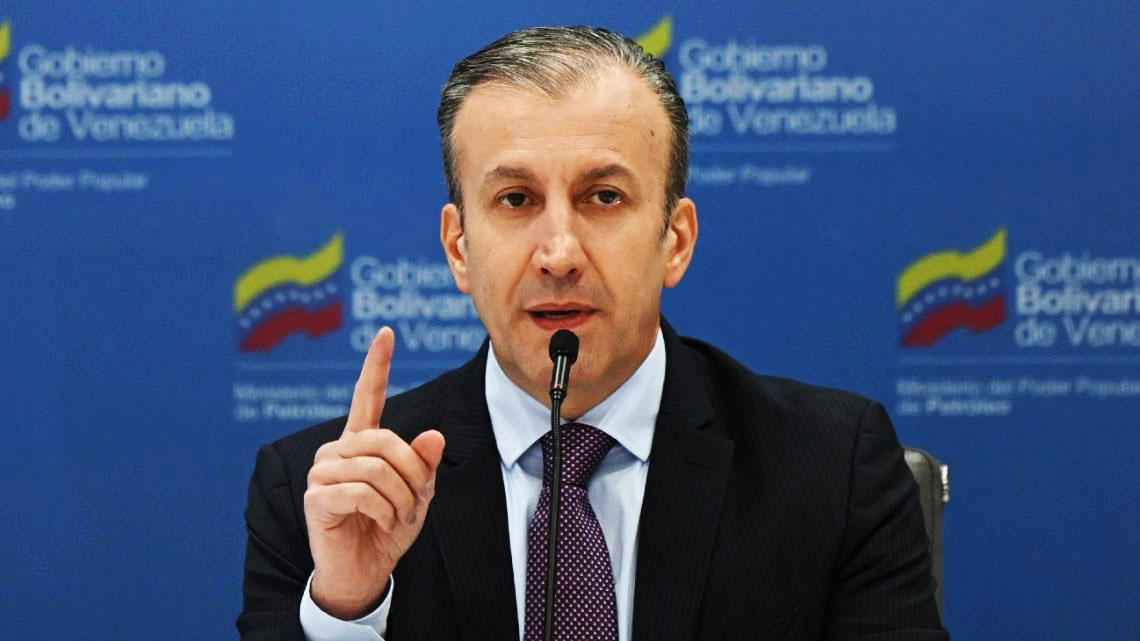Consistent with the widely held view that relatively poor countries that find themselves sitting, often unexpectedly, on significant volumes of oil almost often slide into a condition of graft and corruption, the Venezuelan government would now appear to have officially embraced that truism, its National Assembly recently moving to unanimously approve a piece of legislation known as the Asset Forfeiture Act (AFA), which allows the authorities to confiscate assets obtained by corruption and use them to finance social programmes infrastructure and public services. The speed with which the piece of legislation appeared to have been hurried through the country’s National Assembly is thought to have been triggered, by irrefutable evidence of widespread corruption in the transaction of oil-related business deals, many of which were believed to have been perpetrated at the height of the crippling United States embargo on Venezuela’s oil exports that devastated the country’s economy.
Venezuela’s powerful petroleum minister Tareck El Aissami announced his resignation following the detention of several other high-level officials amid a corruption inquiry focused on state-run company Petroleos de Venezuela SA (PDVSA), the judiciary, and other parts of the government. Quizzically, El Aissami, who was believed to have been wise to much that was going wrong in the country’s oil sector, reportedly then pledged “to help the investigation of any allegations involving PDVSA”, while reportedly offering support to President Nicolás Maduro in the Venezuelan President’s wider anti-corruption campaign targeting the state system. Having been approved by the AFA, the new legislation is reportedly expected to be hastened through the Supreme Court’s Constitutional Chamber for review and subsequent promulgation. The Act was approved amidst what a media article said were “recent scandals related to the discovery of corruption networks.” The report says that up to this time the authorities have arrested sixty one (61) persons believed to be linked to various ‘rip off’ networks.
Back in March, Venezuela’s once politically influential Petroleum Minister announced his resignation, a move that reportedly came in the wake of an official announcement that other ‘high-ranking members of Caracas’ oil hierarchy had been detained. At the centre of what now appears to be a meltdown on the ‘top brass’ of the Venezuelan oil executive cadre by President Nicholas Maduro is what is believed to be corruption storm clouds that have been swirling around the country’s state-run oil company, PDVSA as well as the judiciary and other sections of the government over a period of time. The role that the US oil company continues to play as a Contractor to PDVSA in various technical areas is believed to be a reflection of the extent of the decline of the state-owned Venezuelan oil company.
Observers of the meltdown of Venezuela’s oil and gas hierarchy have attributed the current condition to the hermetic sealing off of the oil and sector from the remainder of the state bureaucracy, a circumstance that reduced the extent of the sector’s accountability and handed some to top officials the autonomy that was needed to bleed the country’s oil industry through loopholes that included the weaknesses of PDVSA and a less than vigilant regime for overseeing Venezuela’s oil operations at the height of the US blockade on oil exports. Caracas, meanwhile, has reportedly announced the creation of a “Special Legislative Commission” charged with “reviewing all the laws related to the fight against corruption so as to make them more energetic and efficient.” Somewhat naively, some observers say, the Maduro administration has voiced an expectation that the actions that it has taken “will serve to prevent public officials and private agents involved in acts of corruption from continuing in impunity”




